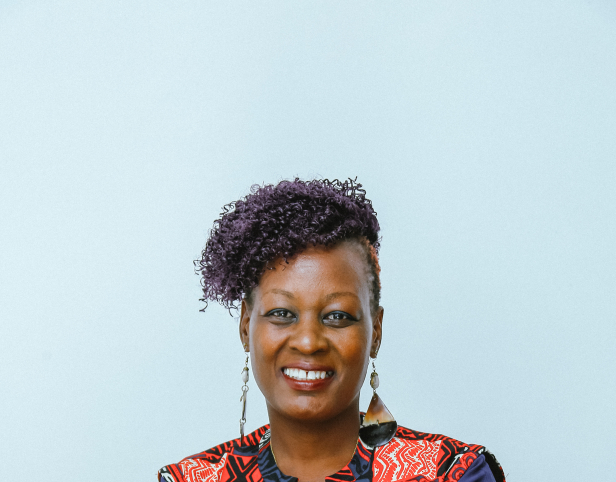
In this era of ‘perceived no alternatives’, feminist ideology and politics emerge as a potentially transformative paradigm – Demere Kitunga
The words of feminist thinker Demere Kitunga resonate as we kick off 2024 with the hope that leaders committed to social transformation, whereby new paradigms, relationships and structures are constructed based on peace, planetary health, social and economic justice shall not only emerge but increase in number.
Since the onset of COVID-19, the adoption of the term ‘polycrisis’ has highlighted the multifaceted challenges facing the world, particularly in the spheres of democracy, human rights, climate, and the economy. In 2023, we witnessed wars and conflict in Sudan, Ethiopia, Ukraine, and Palestine; military coups, debt crises looming over many middle- and lower-income countries. We also witnessed the election of far-right leaders and authoritarian and populist governments and overall political gridlock; the promulgation of anti-rights and anti-gender laws coupled with growing inequalities exemplified by not a single sustainable development goal hitting its target.
However, not all is gloom and doom as there are some glimmers of hope, such as the new promising leadership in Liberia, Guatemala, and the re-election of far-left Luiz Inacio Lula da Silva as the 39th President of Brazil. Women and girls are at the forefront of calling for climate justice, decolonization and gender justice. Life-transforming inventions, for example FlexiGyn, a handheld device that enables gynecologists to examine and treat the uterus without using anesthetic. Seeing the concerted pushback against the domination of the dollar (and its hegemony), and the adoption of international tax cooperation at the United Nations which offer stepping stones for transformation.
As 2024 unfolds, Africa’s almost 1.5 billion citizens are keeping hope alive that certain events may herald a turn for the better in the different facets of their lives: social, economic, and political. For example, Africa will hold 18 elections this year, including in Algeria and South Sudan. While history has shown that holding elections does not necessarily correlate with the advancement of democracy, they play a critical role in getting alternative leadership into place.
The 2023 Open Society Barometer bore good news: people around the world believe in democracy and human rights. Strong majorities want to live in a democratic state, believe that democracies contribute more to global cooperation, and do not think that authoritarian states can more effectively deliver what they most need. But the survey also revealed a troubling lack of faith in democracy among young people compared with older respondents surveyed, underscoring the need for democracy to better deliver to improve people’s lives.
People also showed their compassion and belief in universal human rights. They identify personally with these values and believe that human rights have been a force for good in the world. An overwhelming 95 percent said governments should respect the rights of those who look different from themselves—with similarly high numbers for refugees, LGBT people and minorities.
Over half of the respondents think their country is headed in the wrong direction, and they’re feeling the impact. A shocking 49 percent said they had struggled to feed themselves within the last year—a number that holds true in countries as different as Bangladesh and the U.S.
I believe this is what makes feminist ideology and its approach to power most relevant in these times. Feminism digs deeper in its analysis of how patriarchy, capitalism, neocolonialism, and other power structures operate in the visible, invisible, hidden spaces and within our minds.
This is best summarized by leadership theorist, Hope Chigudu: “Feminist transformative leadership is not about positional power or accomplishments. It’s not even about what we do. It’s about creating a domain [a space and process] in which human beings continually deepen their understanding of reality and become more capable of participating in… creating new realities. Leadership exists when people are no longer victims of circumstances but participate in creating new circumstances. It’s about giving people hope”.
Taaka Awori, in her seminal book, Leadership in Africa Redefined, discusses the leadership transformation that is required for the continent to make meaningful progress if we are to get free from the colonial and economic bondage. It is my hope that this year, leaders across the world and on the African continent embrace a different kind of leadership.
Eunice Musiime
Executive Director
Akina Mama wa Afrika

